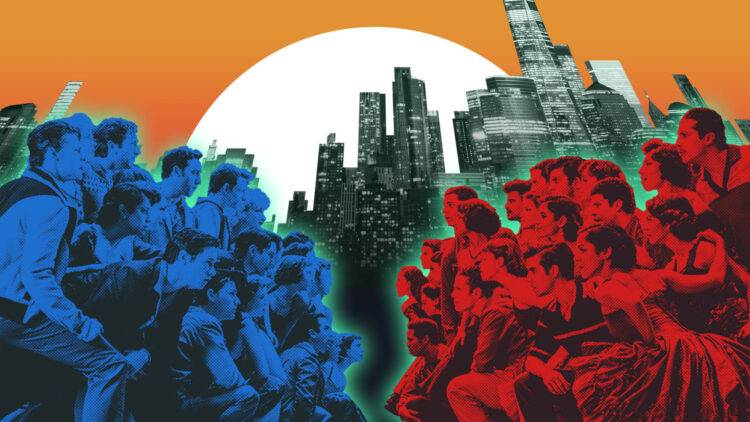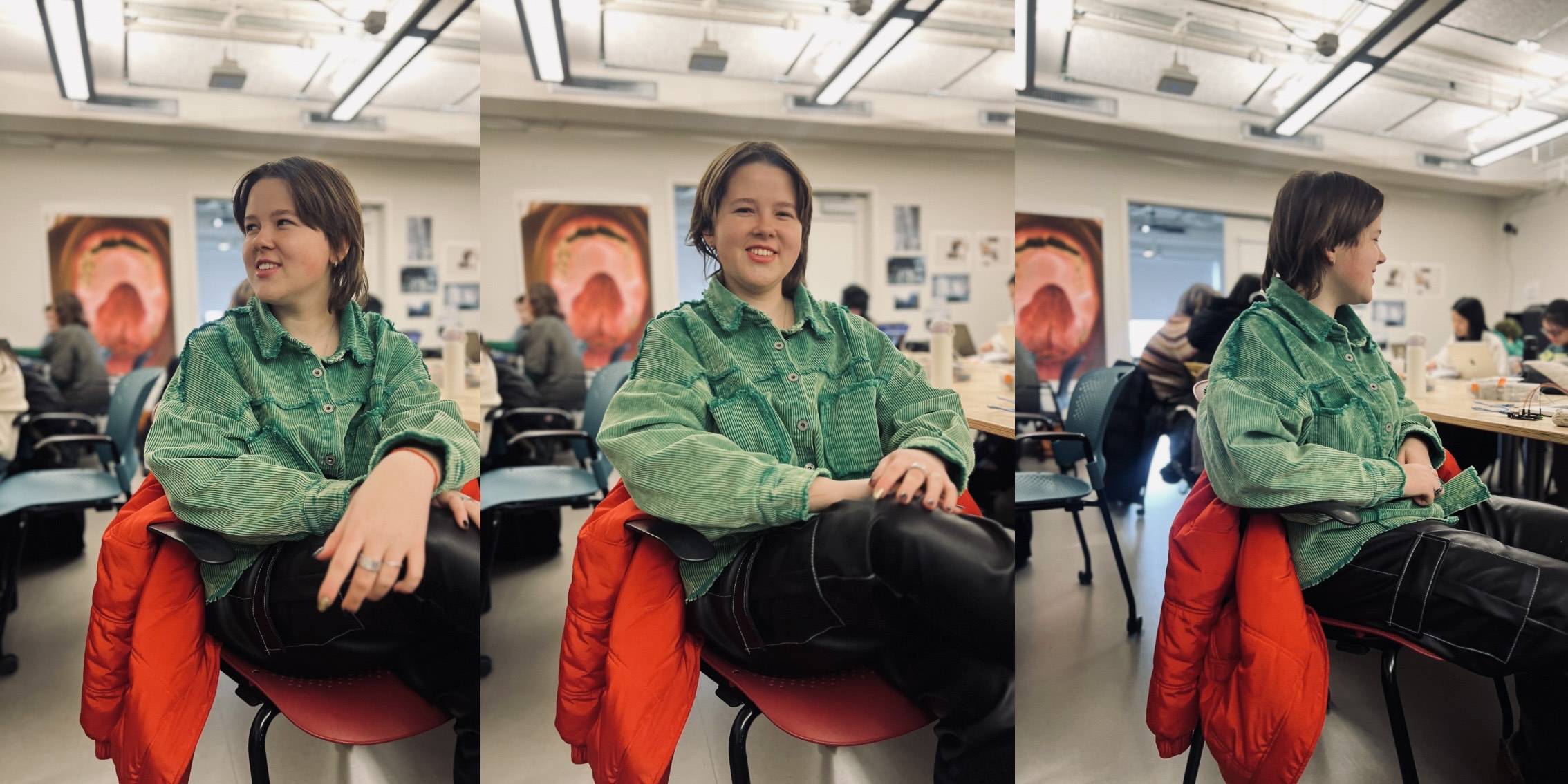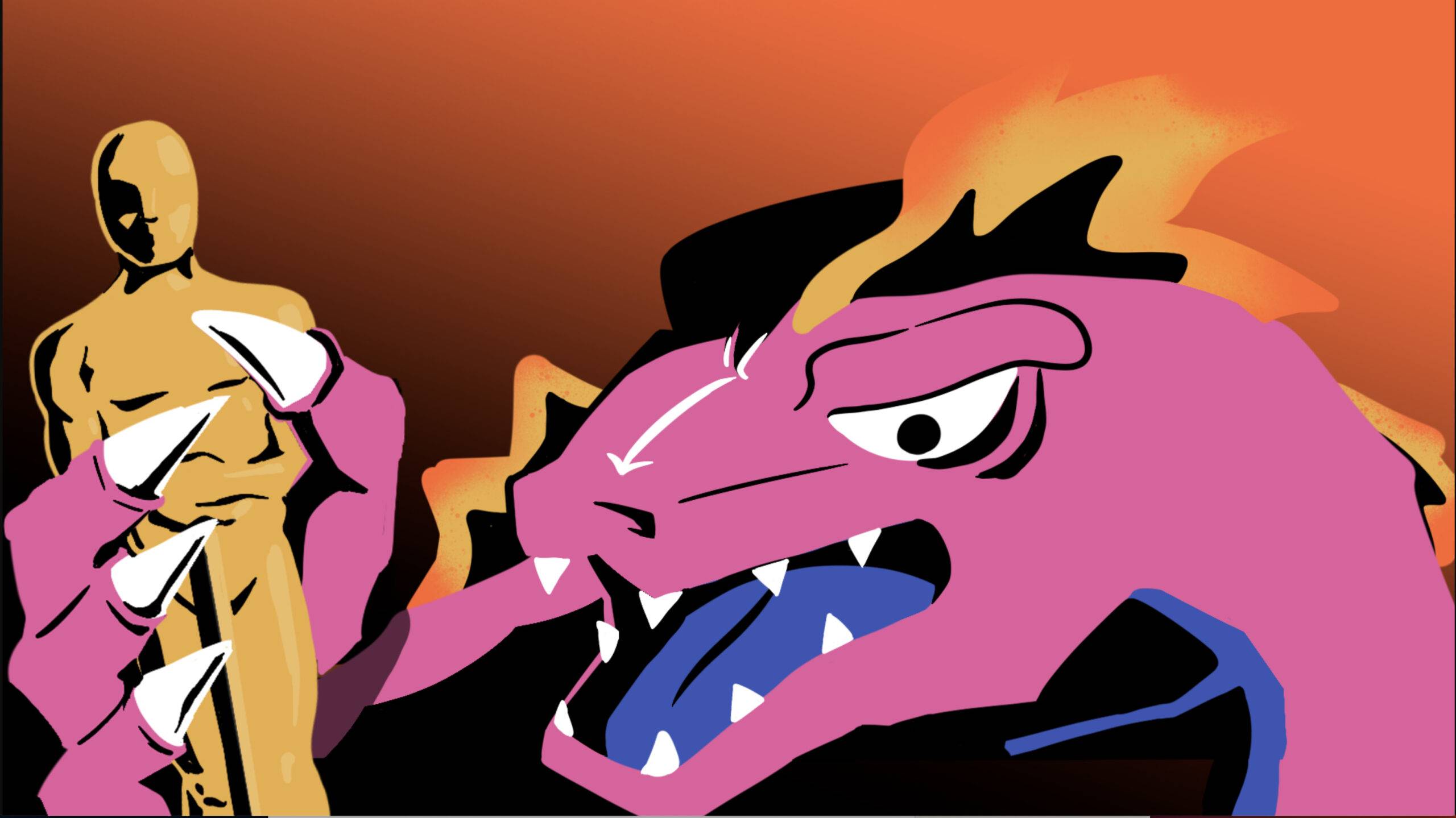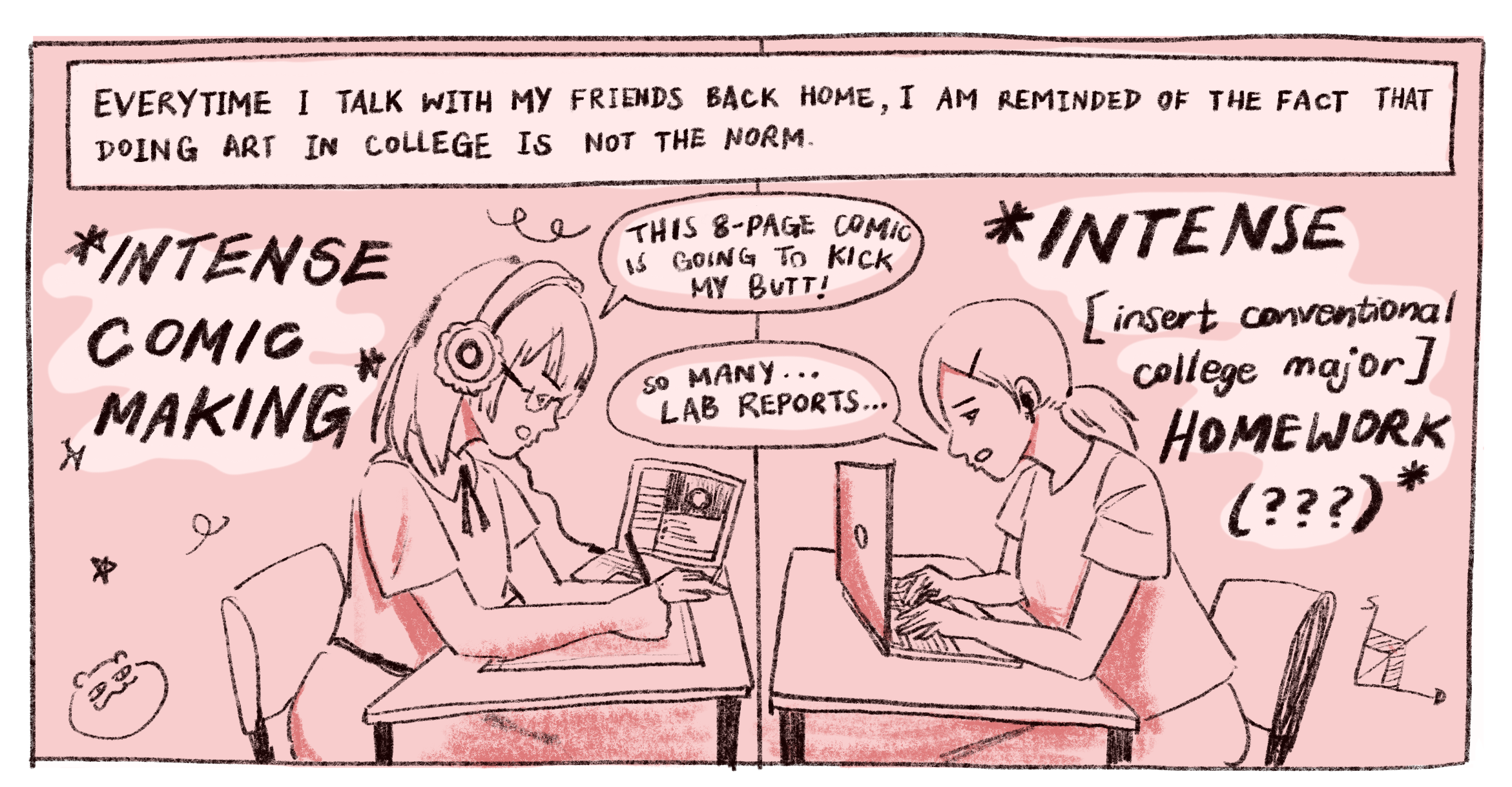“Moving Pictures” is a column by Myle Yan Tay (MFAW 2023) about the movies we love, the tropes we can’t stand, the underrated gems, the overrated schlock, and inevitably, why “Paddington 2” is cinema in its purest form.
Nothing pisses me off more than a good remake.
When I watch a remake that’s actually good, it makes it very difficult for me to stand on my soapbox and harangue the public about the death of culture. It’s much easier for me to lament Hollywood and the movie-making machine when, say, Pixar decides to make a movie about a fictional character’s “real” history, which inspired a toy series, which already had a cartoon series that depicted the fake true adventures of said character. Or, when Hollywood decides to make yet another “Transformers” movie in 2023, despite the fact that there have been six — SIX! — movies that depict, in gear-gnashing gore, robots that turn into cars and then back into robots again. Or, when Disney decides to update one of their animated classics, draining it of any emotional resonance it had, while utilizing technology that does nothing but hamper the plot and unnerve audiences with the beady eyes of these uncanny-valley CGI monstrosities. How can this apply to several Disney remakes?
I would very much like to believe that the modern remake is categorically a bad thing. It makes it a lot easier to decide how to spend my time. “Ghostbusters,” but grimdark? No thank you. “101 Dalmatians,” but girlboss? Not for me. A foreign movie, but this time, in English? I’ll just watch the original. And what about a beloved musical classic? Nope. And what if its star is an actor who has multiple allegations of sexual misconduct running against him? The easiest pass imaginable. And what if, when its trailer came out, there wasn’t a single instance of singing? A certifiable death sentence.
But then the Jets sang “Officer Krupke,” and the ground upon which I stood shattered.
As much as it pains me to admit it, Steven Spielberg’s “West Side Story” was very good. It had an enormously high bar to clear, and it leapt over it with ease, as easily as every Jet hoisted themselves over the film’s multiple iron fences.
What frustrates me about the broad majority of remakes, reboots — whatever you choose to call this drawing from the same well — is the reliance on nostalgia. I do not think there is anything remotely interesting about how Han Solo got his name. But the broad majority of these films rely on gimmicks like these, to answer questions that were never asked. There comes, with the modern “update,” a desire to fill every gap; cover every plothole; explain why the eagles couldn’t fly to Mordor, as if the reason we watch movies is to receive information about fictional worlds rather than have an emotional experience.
That’s why Spielberg’s “West Side Story” works. Yes, there are some updates in Tony Kushner’s script, new settings and contexts for certain songs, further depths for some characters, like Anybodys, who in this version, is firmly trans. And vitally, it also re-examines the tension between the Jets and the Sharks, choosing to re-center the maligned Puerto Ricans of the original while also not shying away from the darker side of the Jets, an all-white gang of men trying to keep America “American.” All of these changes work to boost the emotional core of the original “West Side Story.”
At its simplest level, it is harder to revisit the 1961 original with its liberal usage of brownface. So casting Latinx performers in Latinx roles is a welcome change. But is that enough to warrant the film’s remake?
One of the recurring justifications for a remake is its timeliness; that the themes of the movie resonate now more than ever, with how divisive the world has become. I find timeliness to mostly be an empty gesture towards the fact that life contains conflict, and so do most good stories. “Ben-Hur” being about conflict doesn’t make it worth a remake — no movie can fully heal the wounds across humankind. So for the second time in this article, I must say something I find painful: Spielberg’s re-envisioning of “West Side Story” is… timely. Kushner’s rewrite expands on characters that deserve to be noticed today, like the aforementioned Anybodys, whose gender-nonconformity is largely ignored in the 1961 original. Russ Tamblyn’s Riff in the 1961 version was singularly charming; Mike Faist’s Riff possesses charm as well, but is just as insecure, angry, and openly toxic.
Kushner does not stop at complicating the protagonist status of the Jets, he also tweaks and updates the Puerto Rican characters as well. The 1961 version of “America” already depicted the duelling conceptions of America of Anita and Bernardo. But in the 2021 version, the sprawling divisive American dream is expanded, with characters like Chino being banned from the Sharks by Bernardo so he can assimilate like a proper American. Unlike the Jets, the Sharks are not a product of hooliganism or misplaced male rage; instead, they are an unfortunate necessity to protect the neighbourhood from people who don’t want them there. This isn’t just a plothole being covered. This is recognition of the reality of the New York City the 1961 version didn’t give space for. The story is fuller now with these changes, giving a balanced portrayal of the conflict between the Jets and Sharks.
The film’s other important pair, Tony and Maria, are both also given more room to grow. Maria is an equal participant in this love affair, and oscillates between Spanish and English, having a clearer heritage than the 1961 version. And Tony, in this version, did not leave the Jets voluntarily — he was in prison for almost beating another boy to death in a prior rumble. Their combined backstories make the film’s central whirlwind romance all the more believable — Maria and Tony perhaps love each other, but more than anything, they are in love with the idea of each other; in love with the dream of the people they could become. With Tony, Maria can dream outside of the constraints Bernardo has painted for her, and for Tony, Maria is an opportunity to envision a life without violence and rage.
But still, there is the Me Too elephant in the room. The fact that the allegations against Ansel Elgort, who plays Tony, are specifically about propositioning minors, taints many of the scenes between Maria and Tony. “West Side Story” had finished filming when the allegations first came out, making it impossible to course-correct without completely scrapping almost all of the footage and reshooting. Part of me wishes they had done so. If this movie was bad, I wouldn’t care. Elgort’s appearance would just be one of many blemishes. But he is the film’s biggest and perhaps only stain. In a remake that did so much work to correct dated perspectives and harmful representation, I can’t help but wonder how Elgort’s casting will look in several years.
And it’s not like the movie doesn’t pull on any nostalgia heartstrings at all. There are shots that lovingly echo frames from the original, that forced a big stupid grin onto my face. And in my defence, it’s not empty repetition or aesthetic homage. The entire film is a visual masterpiece, with each shot fully utilized to convey something about the characters, their relationships, and the setting. It’s constantly operating on two levels, with what is literally unfurling before us, and how that is being shown. I thought the trailer was overusing the shot of the shadows before the rumble, but when it finally comes, it is heart-rending. Because that’s what Spielberg manages to do in West Side Story. He makes you believe that Tony and Maria, the Sharks, the Jets, Anita, Chino, Bernado, Riff, will have a happy ending. This is a huge feat, considering I’ve watched the original at least 10 times, and still, I found myself rooting for all of them.
This remake of “West Side Story” has no right to be this good. It thoroughly upends my worldview, and makes my transition into a curmudgeonly grumpy movie reviewer more difficult. And the ultimate sign of its success is that, despite my prejudices, I’m more likely to rewatch Spielberg’s “West Side Story” than I am to rewatch the original. As someone who has spent hours upon hours rewatching the choreography for “The Jet Song” on Youtube, this is huge. So, until the next remake comes out that proves my cynicism right, you can find me on Youtube, trying to figure out how Mike Faist can make aggressive ballet look so good.






















